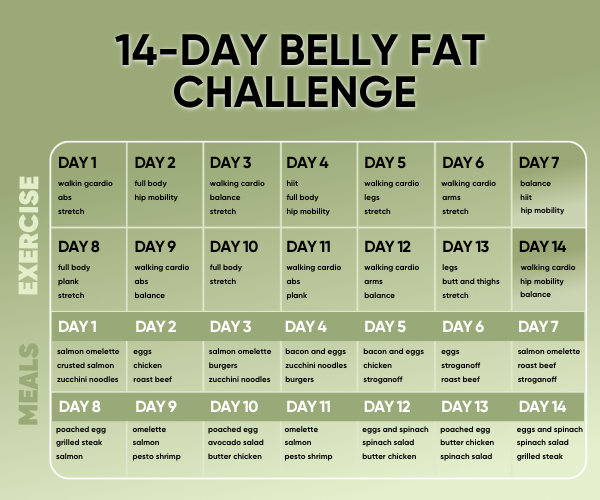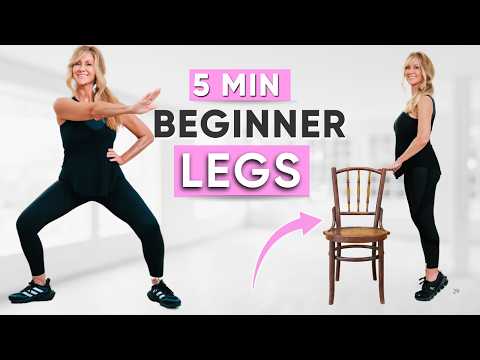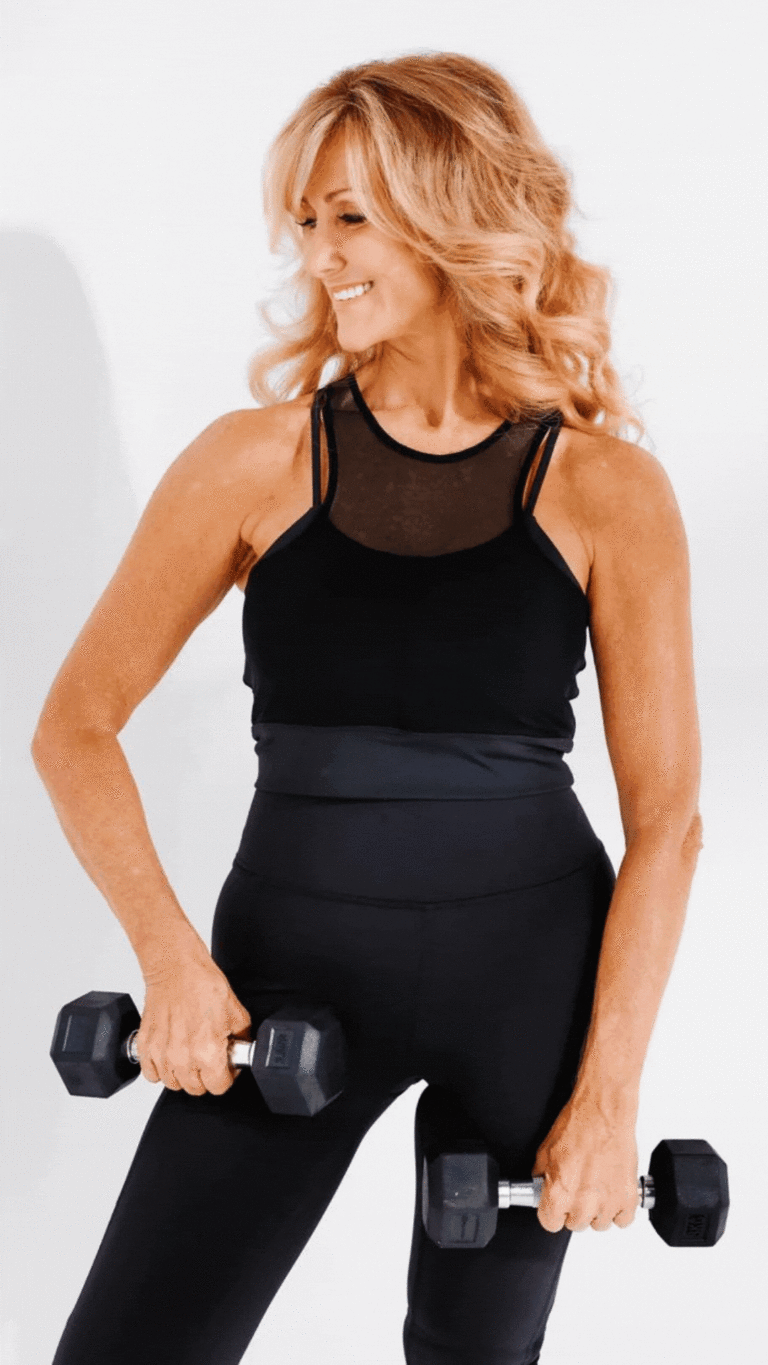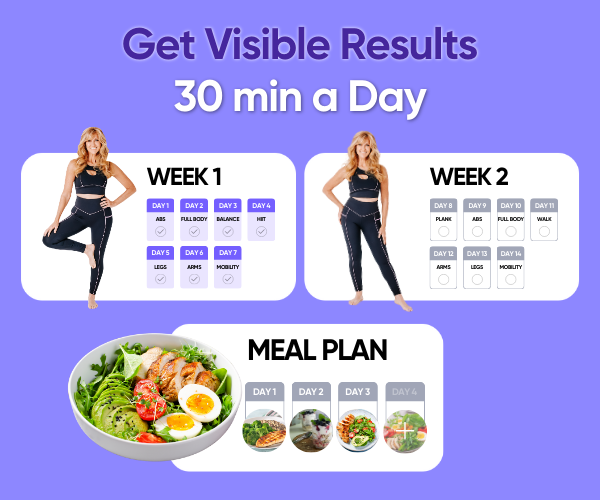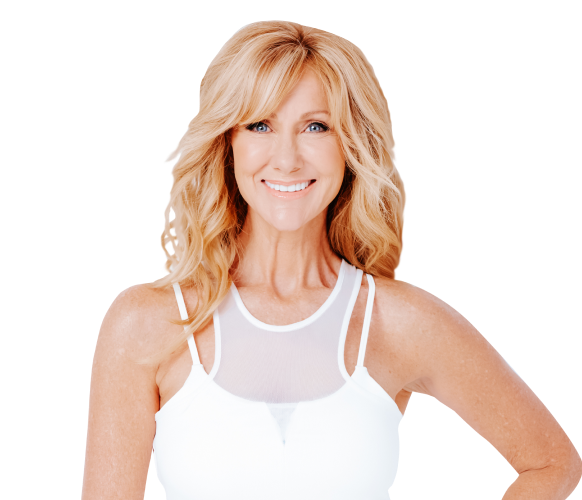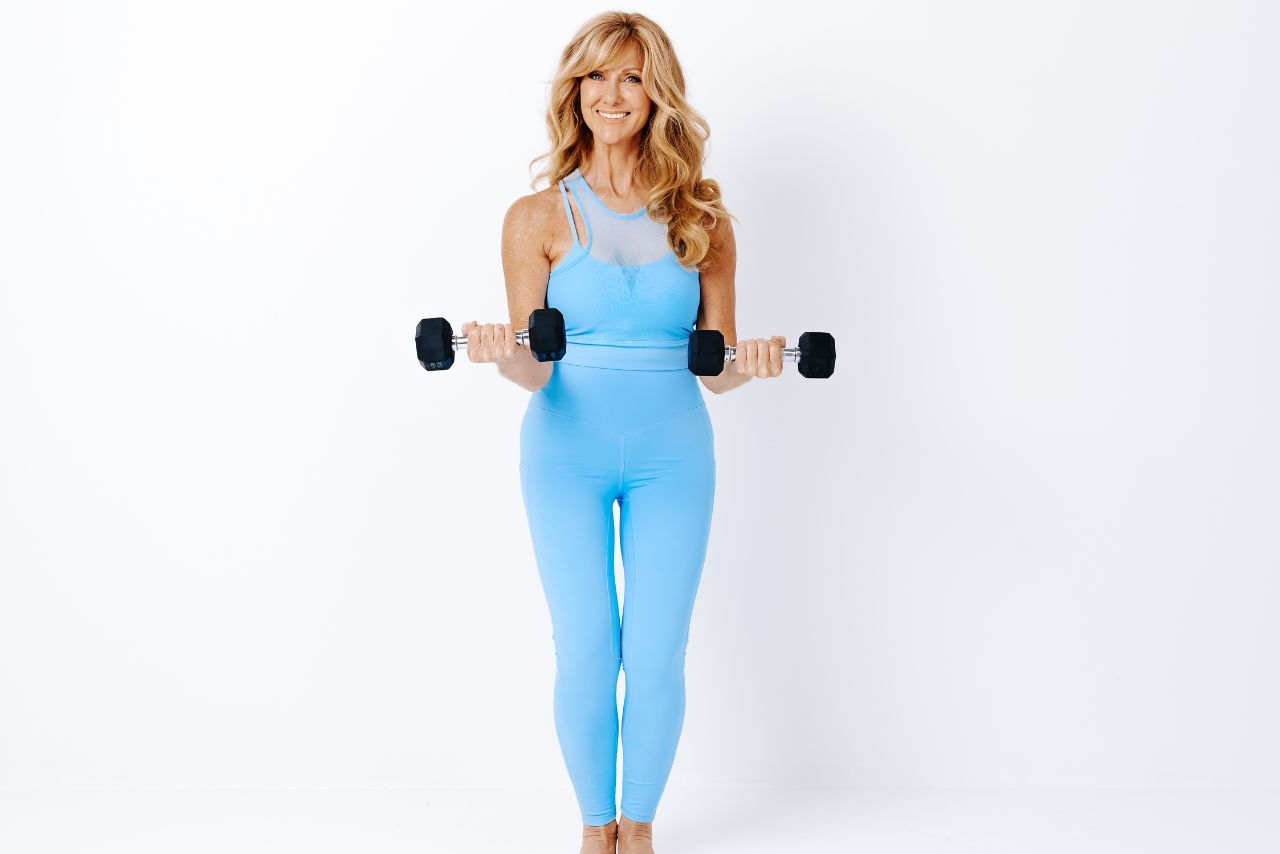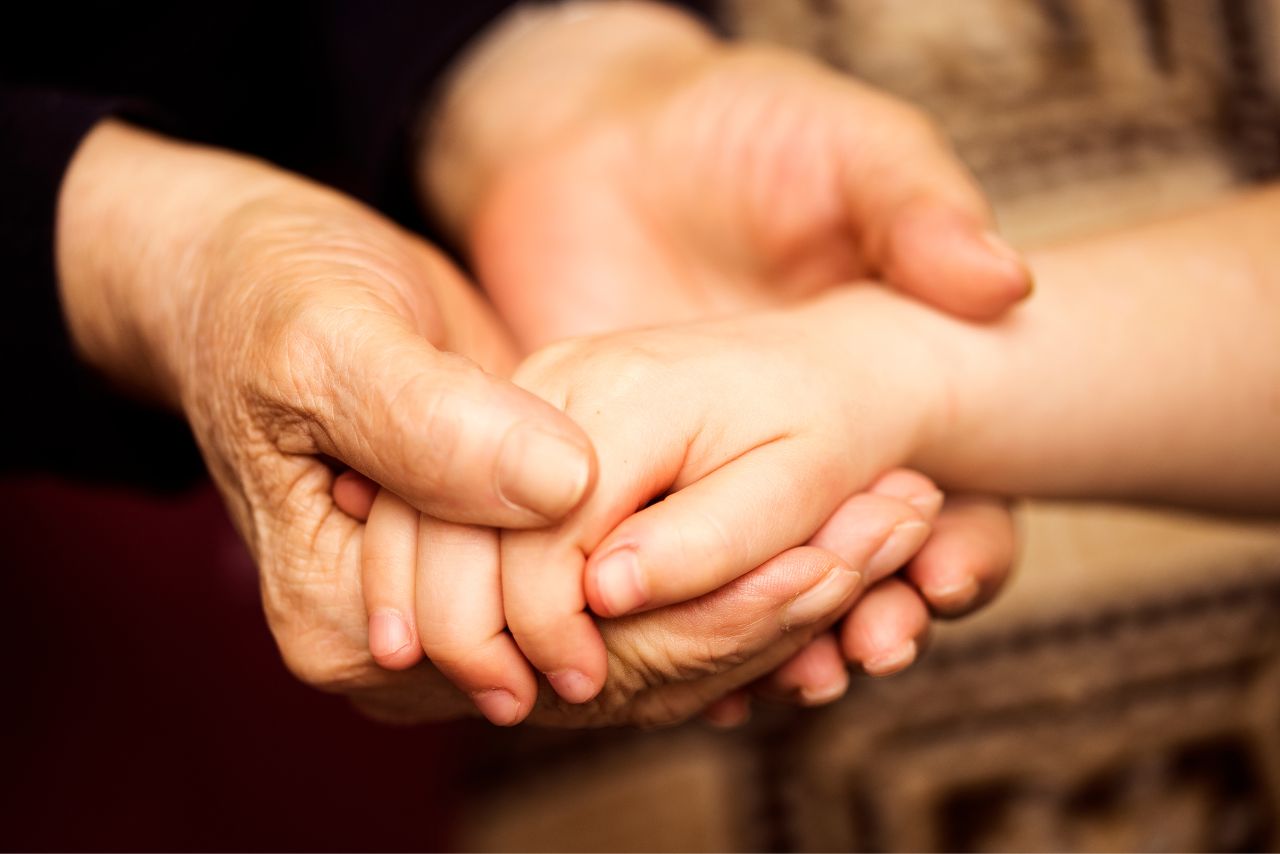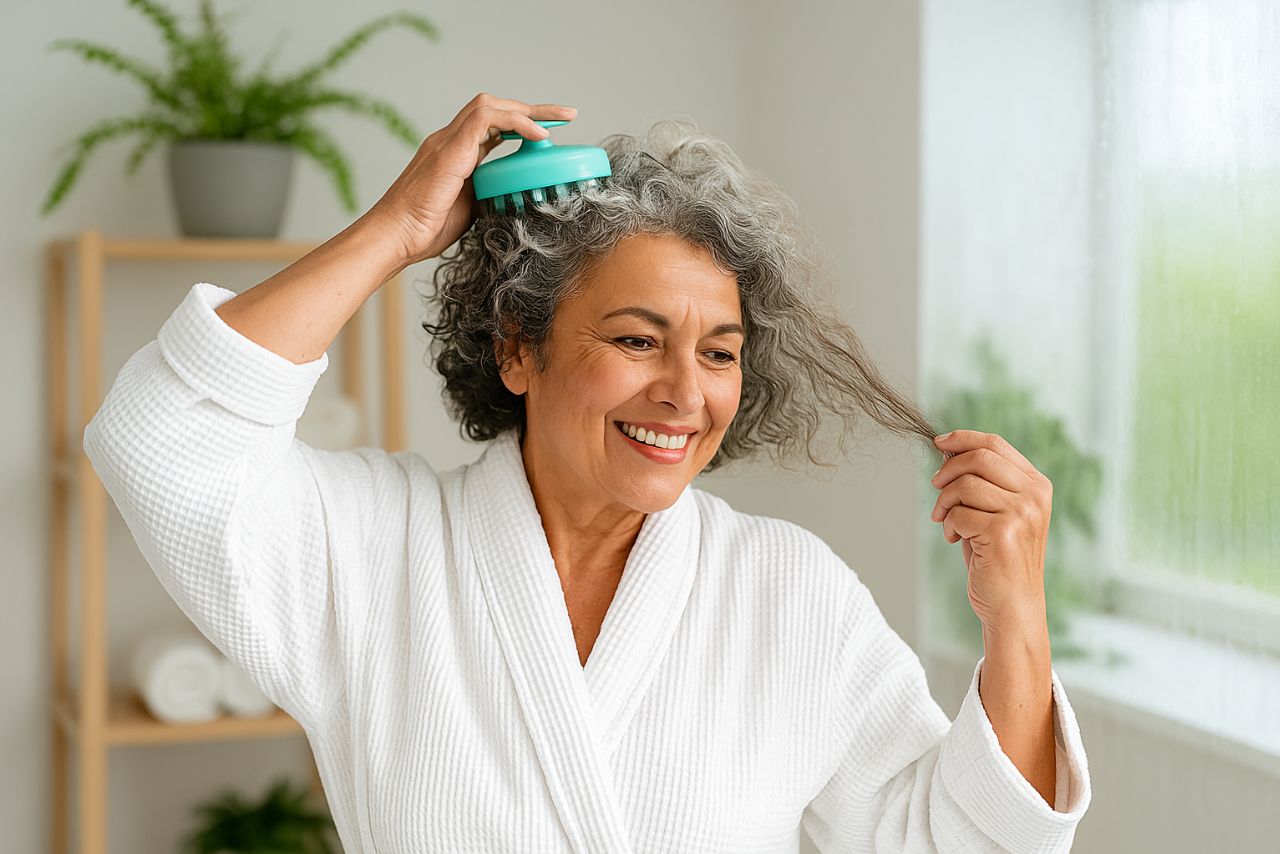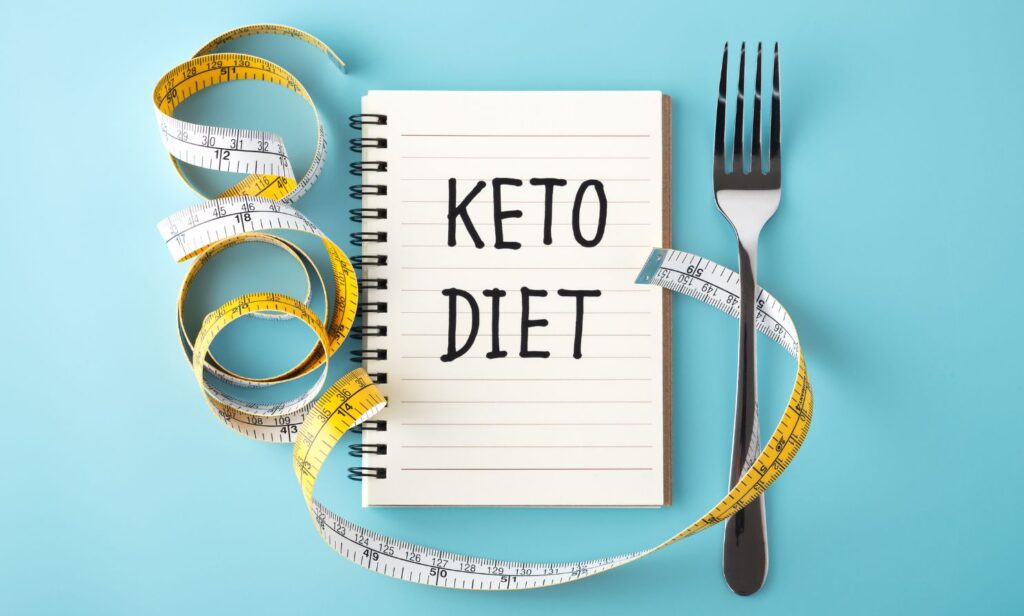
In recent years, the keto diet has become more and more popular, with many people claiming that it can help them lose weight and improve their health in general. The diet is based on eating a lot of fat, not too much protein, and almost no carbs.
The diet says you can eat as much fat as you want, never feel hungry again, and even get better at sports. It sounds like it has something for everyone.
But what exactly is the ketogenic diet, and is it the most effective approach to weight loss? Let’s delve into whether the keto diet is safe and suitable for women over 50.
Ketogenic Diet 101: The Basics of The Keto diet
You need to know how the keto diet works in order to understand it. Your body does not have enough glucose to use as energy when you do not eat many carbohydrates. When this happens, the body starts turning fat into molecules called ketones, which can then be used as fuel. This metabolic state is known as ketosis.
According to the Harvard T.H. Chan School of Public Health, the ketogenic diet is based on the idea that you can make your body burn more fat for fuel by cutting back on carbohydrates, which are its main source of energy.
Protein-rich foods like meat, fish, eggs, dairy, nuts, and low-carbohydrate vegetables are common parts of the keto diet. Foods that are high in carbs are not allowed, like bread, pasta, rice, and sweets.
When you eat foods containing carbohydrates, your body converts them into glucose, which serves as the primary source of energy. This means that glucose is utilized before stored fat is tapped into for fuel.
However, on a ketogenic diet, carbohydrate intake is restricted, forcing the body to break down fat for energy instead. This process occurs in the liver, where fat is broken down to produce ketones, which then serve as the body’s fuel in the absence of glucose.
Thus, the keto diet is low-carb and high-fat. This diet lowers blood sugar and insulin and shifts metabolism from carbohydrates to fat and ketones.
READ ALSO: 10 Fat-Burning Foods To Keep Women Over 50 Healthy
Is the Keto Diet Safe for Women Over 50?
While the keto diet can be beneficial for some women, it may not be suitable for everyone.
The way our bodies process nutrients can change as we get older because of changes in hormones and metabolism. Before you start a new diet, you should think about these things.
There is not a lot of long-term research on the keto diet and older adults, especially women over 50. But some studies show that the diet might not work the same way for men and women. For example, women may have a harder time losing weight and may be more likely to not get enough nutrients.
So, is the keto diet safe for women over 50?
I’ll say the suitability of the keto diet depends on your body and goals. If you’re already at a healthy weight, the keto diet may not be necessary for you.
But if you want to change bad eating habits and lose weight, it might be a good concept. In the end, each person must decide for themselves if the keto diet is a healthy and good choice.
It can be hard to stay on the keto diet for a long time. It is okay to be that way, especially as you age. You do not have to always follow the strict keto rules.
Being strict at first is a good idea for women over 50 who want to see changes. After a while, you can loosen up a bit. You can add a few more carbs and some extra protein to your meals.
You should get these extra carbs and proteins from whole, healthy foods. Do not eat processed foods; they can take you out of ketosis and make you tired and hungry.
READ ALSO: 15 High Carb Foods That Are Incredibly Amazing for Menopause
Potential Benefits of the Keto Diet For Women Over 50
Even though the keto diet might have risks, it might also have benefits for women over 50. For many, losing weight is one of the best things about it.
Originally developed to treat neurological diseases like epilepsy, the ketogenic diet may treat other conditions.
Studies show it improves heart disease risk factors like body fat, cholesterol, blood pressure, and blood sugar. According to ongoing research, the diet may slow tumor growth and help cancer patients.
According to research, the ketogenic diet may reduce seizures in epileptic children and slow Alzheimer’s disease progression.
Researchers have found that the keto diet can help people lose weight, at least in the short term. This might help women who want to lose weight and make their health better in general.
The keto diet may help you control your blood sugar and make your body more sensitive to insulin, in addition to helping you lose weight.
For women over 50, this can be especially important because they may be more likely to develop type 2 diabetes or insulin resistance.
Thus, while the ketogenic diet may help treat various health conditions, more research is needed to determine its pros and cons.
Potential Risks and Precautions for Women Over 50 on The Keto Diet
Although the keto diet might have some benefits, it is important to know what the risks are and take the right steps to avoid them, especially for women over 50. The risk of not getting enough nutrients is one of the biggest worries. Due to the limited food choices, it may be hard to obtain all the necessary minerals and vitamins.
If your diet is not balanced with fiber-rich vegetables, the ketogenic diet’s high fats and low carbs can cause constipation and diarrhea. A diet high in animal fats and proteins may also harm heart health, raising concerns for cardiovascular disease patients.
According to research, saturated fats in the diet raise cholesterol and increase heart disease risk. Long-term ketogenic diet compliance can be difficult, leading to weight cycling or yo-yo dieting, which is linked to poorer cardiovascular health, especially in premenopausal women.
Another concern is the potential impact on bone health. Most of the foods on the keto diet are low in calcium, which is good for keeping bones strong. Since women over 50 are already more likely to get osteoporosis, it is important to make sure they get enough calcium and other nutrients that are good for bones.
Starting the ketogenic diet often causes “keto flu,” a period of unpleasant symptoms as the body adjusts to low-carbohydrate intake. Symptoms include headaches, fatigue, dizziness, sleep disturbances, heart palpitations, cramps, and diarrhea.
After a week, these side effects usually disappear. Slowly reducing carbohydrate intake and increasing fat intake can reduce discomfort when starting the ketogenic diet. This may reduce keto flu symptoms.
Successful Keto Diet Tips for Women Over 50
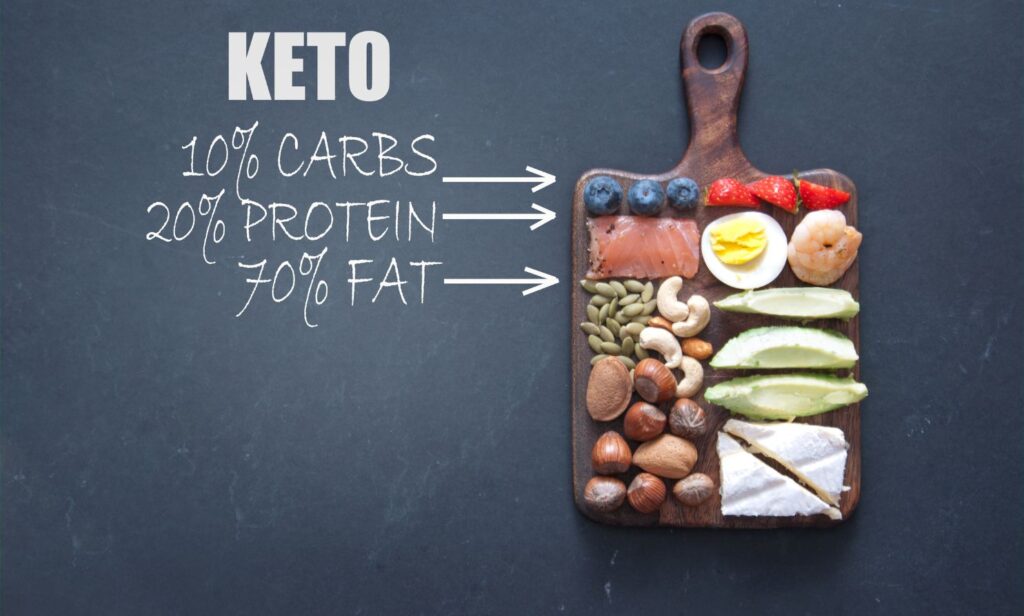
The keto diet can be hard to stick to, especially for women over 50. Here are some tips that can help you do well with it.
Before starting a new diet or making big changes to the way you eat, you should first talk to a doctor or nurse.
You need to eat a lot less carbs to get into ketosis. In other words, you should eat a lot less carbs than usual. Thus, you should also pay attention to your body and change things as needed. Keep an eye on how you feel and any changes in your digestion, energy, or general health.
Adequate hydration is essential for overall health and well-being. Pay attention to your fluid intake and aim to drink enough water throughout the day.
Listen to your body. Everyone is different, so what works for one person might not work for someone else. Keep an eye on how your body reacts to the keto diet and change things as needed.
If the diet is giving you bad side effects or not giving you the results you want, you may need to change it or stop it. If you also notice any changes or symptoms that worry you, you should talk to your doctor or nurse.
Keto Diet Alternatives For Women Over 50
If the keto diet does not work for you, there are many other ways for women over 50 to lose weight and improve their health.
The Mediterranean diet is a popular choice. It focuses on eating lots of fruits and vegetables, lean proteins, and healthy fats. This diet has been linked to many health benefits, such as a lower risk of heart disease and better brain function.
The DASH (Dietary Approaches to Stop Hypertension) diet is another option. It focuses on eating more fruits, vegetables, whole grains, lean proteins and less sodium. This diet is made to lower blood pressure and make the heart healthier.
A plant-based diet is also an alternative, it centers around consuming predominantly plant-based foods, such as fruits, vegetables, whole grains, legumes, nuts, and seeds. It can provide ample nutrients while reducing the intake of animal products.
READ ALSO: The Best Diets for Weight Loss For Women Over 50
Healthy Eating Habits For Women Over 50
There are some healthy eating habits that women over 50 should make a priority, no matter what diet they choose. These habits include:
- Getting the right amount of carbs, proteins, and fats: To make sure you get all the nutrients you need, try to eat a variety of these foods.
- Focus on eating whole, unprocessed foods that are high in nutrients and do not have any added sugars, unhealthy fats, or artificial ingredients.
- As women age, it becomes more important for them to keep their muscle mass. Make sure you eat enough foods that are high in protein to keep your muscles healthy.
- Pay attention to portion sizes to keep from eating too much and help you reach your weight loss or maintenance goals.
- Eating well and walking regularly can help your health, keep your muscles strong, and make you feel better overall.
Consult a Doctor Before Going Keto
Talking to a doctor or nurse before starting a new diet is very important, especially if you are a woman over 50.
They can figure out what you need, look at the risks and benefits, and give you personalized advice to help you reach your health goals.
A healthcare professional can also keep an eye on your progress, deal with any worries that come up, and make any changes that are needed to make sure you are healthy.
Closing Thoughts
For women over 50, it is essential to consider the potential effects and risks associated with this dietary approach.
The keto diet might help you lose weight and make your body more sensitive to insulin, but you should be very careful, think about your own needs, and talk to a doctor before starting.
Besides traditional diets, healthy eating habits and other approaches should also be thought about to improve health and well-being globally.
Keep in mind that your health is unique, and you need to focus on what helps you the most.
♡ Love ♡,
Schellea

